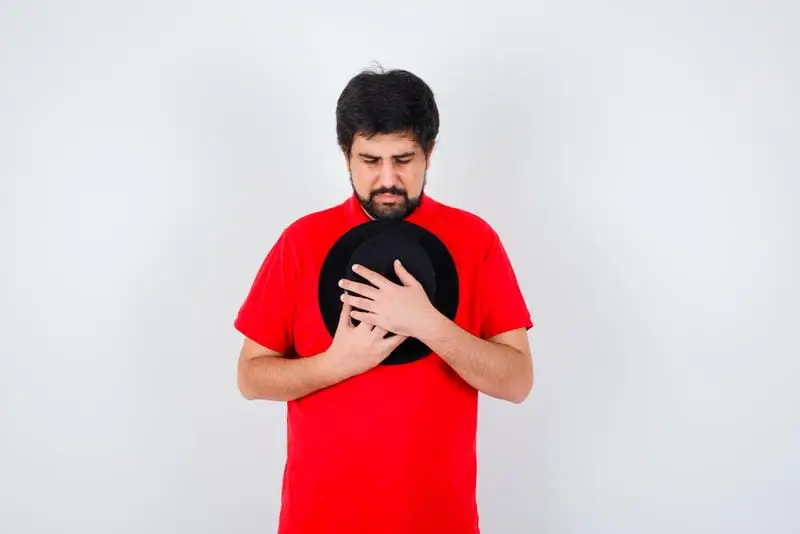- Published on: Aug 09, 2021
- 2 minute read
- By: Oncologist
Most Pancreatic Cancer Ducts Of The Pancreas.
Pancreatic Cancer
Unfortunately, there is no medicine or treatment that will prevent pancreatic cancer from growing and ultimately killing someone. Pancreatic cancer is a very aggressive tumor. To find out if you have this type of cancer, your doctor might order imaging tests known as endoscopies and abdominal scans to catch any tumors that are too small to see on CT scans. If the doctor does find something questionable, he or she may perform a biopsy (removing tiny pieces of the tissue for examination under a microscope) to rule out other possible diagnoses such as kidney stones, ulcers, or (rarely) breast carcinoma. The doctor may also recommend an ultrasound exam to detect markers of peritoneal disease.
Every individual is different, and it is difficult to determine an individual's prognosis without more information. That being said, pancreatic cancer can be one of the most aggressive types of cancer. Treatment will depend on the type and stage of their pancreatic cancer; however, studies estimate that only 3% of people diagnosed with stage IV pancreatic cancer live five years or longer.
It's best for patients like this to seek a second opinion with another specialist who will be more knowledgeable about the unique challenges faced by treating patients with pancreatic cancer. The second opinion will help them decide whether or not they want to go ahead with any treatments or just enjoy whatever time they have left together without treatment at all. They won't regret going for that second opinion - it's never too late! It depends on the grade and stage of cancer, as well as other access to supportive therapies. Pancreatic cancer is typically treated differently than many other types of cancers because it is harder to detect with early symptoms and there are no early stages when surgery can be an effective treatment option (early-stage pancreatic cancer often causes only mild or vague discomfort).
Believe it or not, pancreatic cancer has one of the highest five-year survival rates among all major cancer sites. The truth is that a significant number of people live for at least 5 years after diagnosis. Why? Because many people diagnosed with pancreatic cancer have symptoms almost exclusively confined to the stomach--so by the time they go in for a diagnosis, huge masses ma
Most pancreatic cancers grow quite slowly; this means that there's a period of time after surgery where the tumor shrinks before growing back again (this is called a "first response" reaction). If your doctor tells you that
Probably, but they could contact Second Medic for a second opinion. Pancreatic cancer is one of the most lethal cancers with the lowest 5-year survival rate and highest mortality rates in America. On average, people diagnosed with pancreatic cancer live between 2 to 3 years following diagnosis
A pancreatic cancer patient can survive a few months to almost three years with good treatment and care, but that's not the only concern. Pancreatic cancer is an extremely difficult form of cancer to diagnose and treat. A doctor will first perform a CT scan of your pancreas or MRI in order to identify if the mass is actually a tumor or just benign (and this can take up to six weeks). This may seem like an unnecessarily long wait time, but diagnosis is important as treatment varies between benign tumors and malignancies.









